What does Haiti have to do with climate change?
-
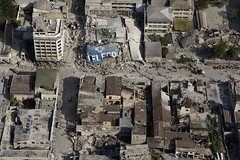
- Image by United Nations Development Programme via Flickr
You can buy sociology papers from the professional editors at https://essays-writer.net/sociology-essays/.
An important point: there are certain countries in the world that enjoy a “trifecta” of disadvantage in dealing with the effects of global warming – they are poor, their geographical position renders them especially vulnerable to the negative effects of global warming and they are weak or failed states. Failed states lack the capacity to govern themselves effectively and are often places where warlords, gangs or organized crime usurp the usual prerogatives of government in the use of force and social organization. Watching the aftermath of the Haitian earthquake these past few weeks has brought home just what it means to be a “failed state”. Haiti was a very weak state before the earthquake, but that natural disaster had the devastating effect of destroying much of its governing capacity as it hit while the majority of politicians and government officials were at their offices in buildings that collapsed. Even weeks after the disaster, much of the international aid still cannot reach the people who need it. The physical destruction of buildings and infrastructure is compounded by the social and organizational destruction wrought by the tragic level of death. There is simply no capacity to organize and rebuild.
-
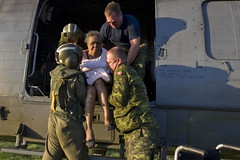
- Image by United Nations Photo via Flickr
Haiti is what can happen if we don’t address the issues of climate change- not just the mitigation of climate change through reducing atmospheric carbon dioxide, but also working to build governing capacity in the poorest most vulnerable countries so that they can adapt. Even in the face of disaster people have often shown remarkable resilience, strength and forbearance. Nonetheless, societies need governance to manage the distribution of public goods, organize the delivery of assistance in times of disaster and keep order. The question in Haiti is whether some sort of order can be established or whether gangs will occupy the power vacuum. Haiti today is a preview of what could be in much of the third world if we don’t act.
The government of Canada has made the rebuilding of government capacity in Haiti the cornerstone of its very generous response to the earthquake. This will be fundamental to the long term rebuilding of Haiti’s economy and society. We should learn as much as we can from this experience and understand that addressing the challenge of “capacity building” is as key in foreign assistance as the provision of food, shelter and economic aid. Countries that are especially vulnerable to climate change will meet the challenges best if they have the strength to respond themselves.
Related articles by Zemanta
- Precarious Homes Potentially Subject To Climate Change (PHOTOS) (huffingtonpost.com)
Tags: Canada, earthquake, Effects of global warming, Environment, global warming, Government, haiti, kindness, Natural disaster, Organization

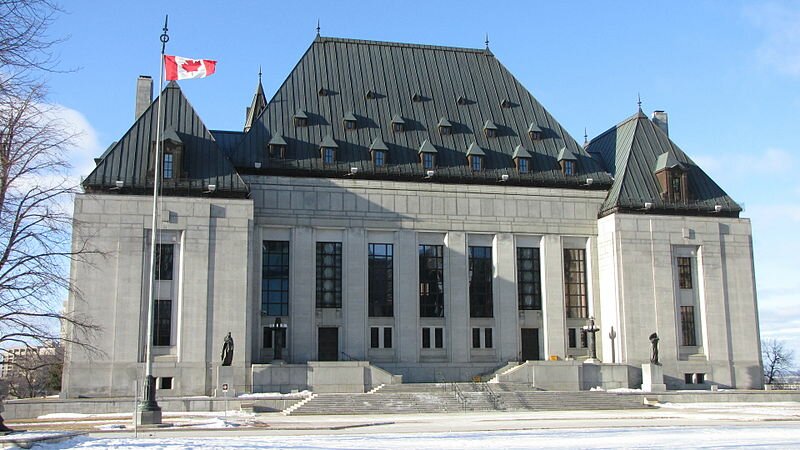




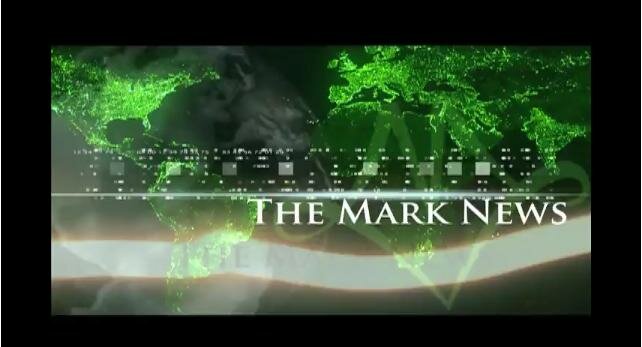
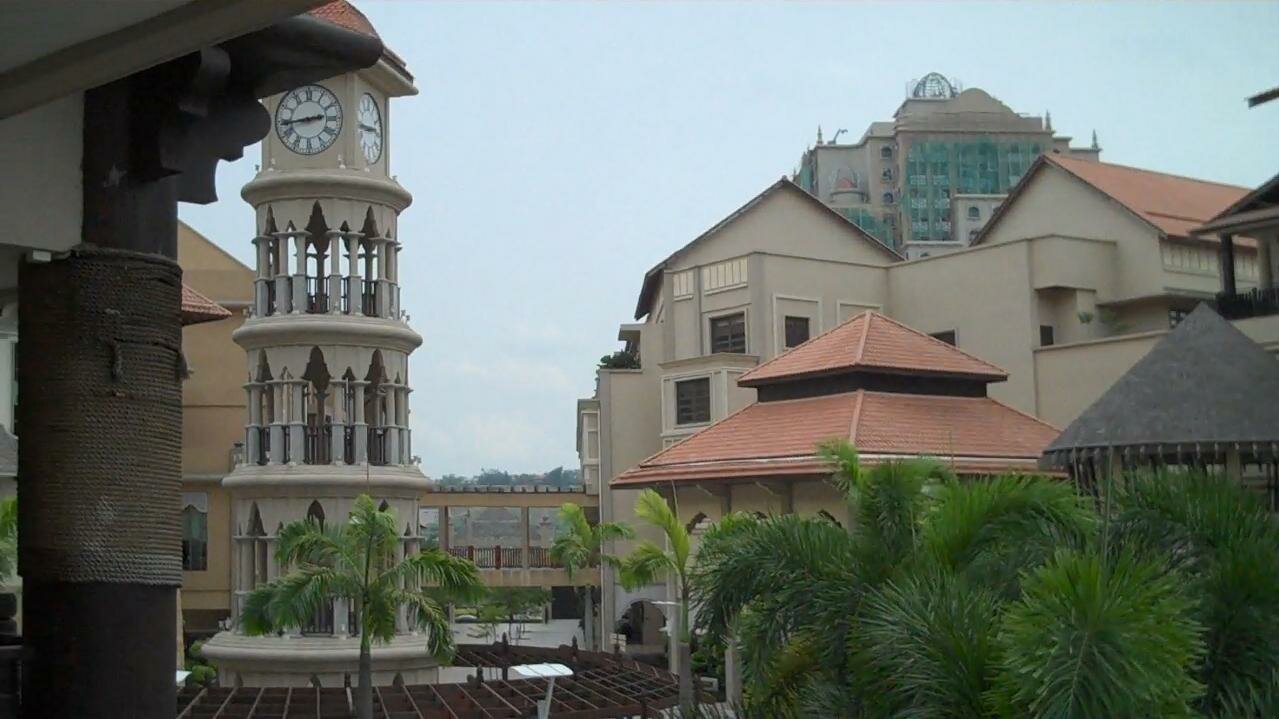
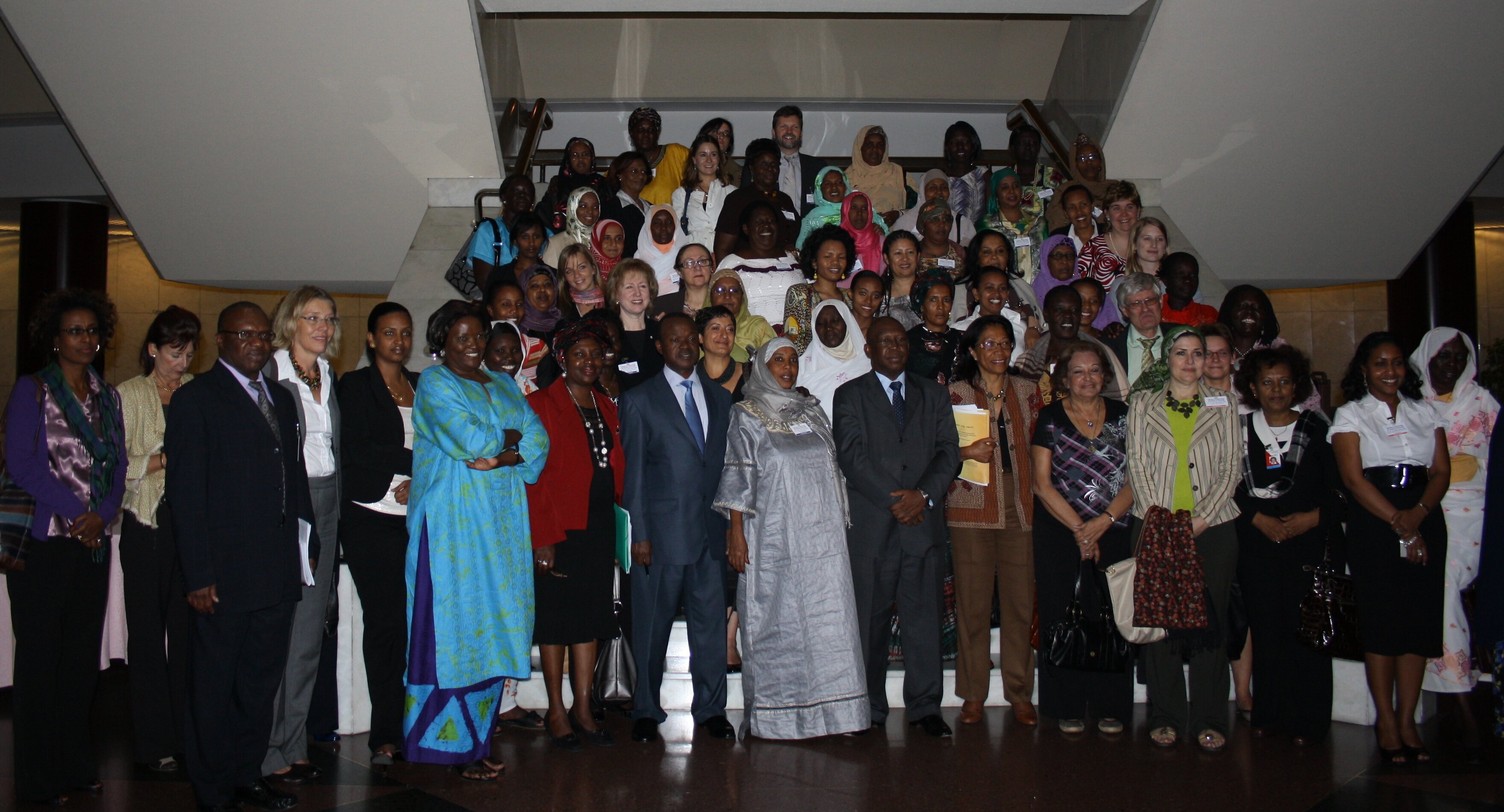
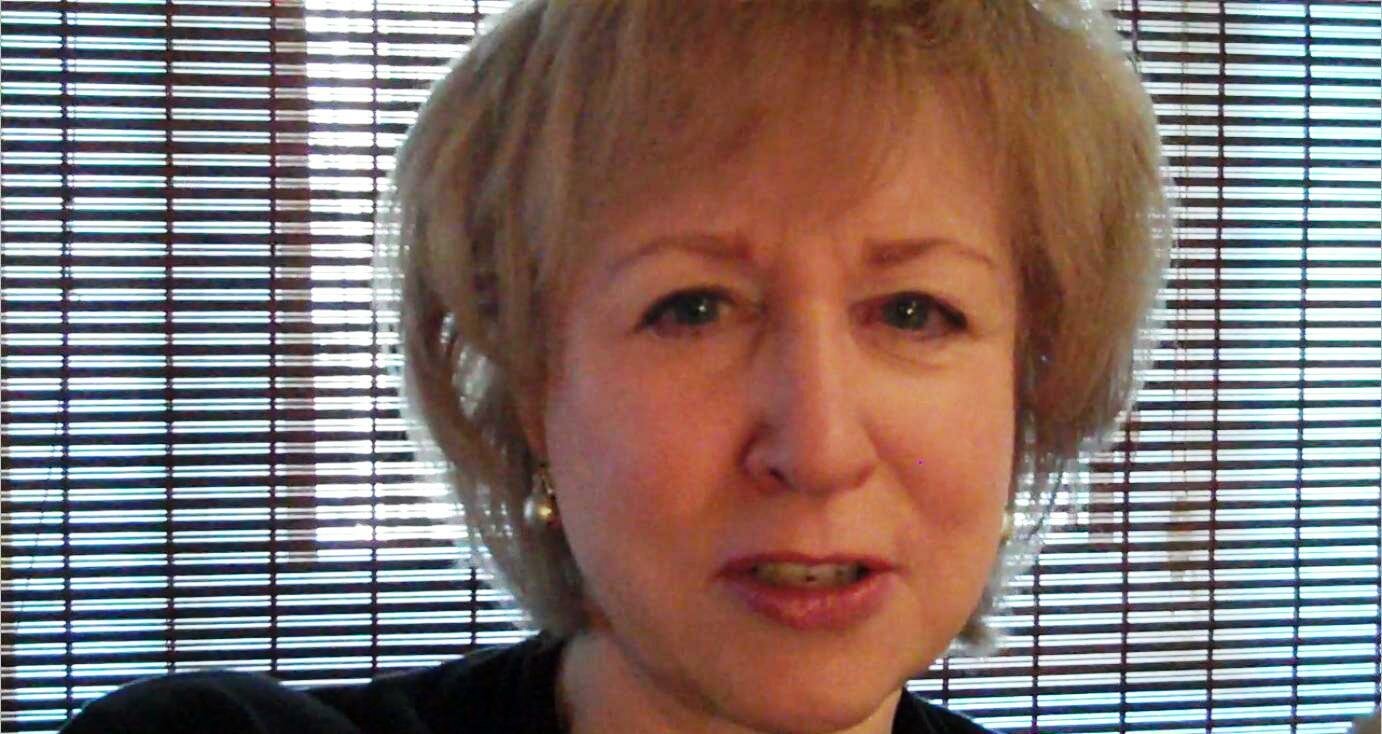








The movement of tectonic plates has absolutely nothing to do with fluctuations in the world’s climate. Nor does Haiti’s longstanding poverty have much to do with the world’s gradual warming since the 1970s. I agree that impoverished countries with weak governments are perhaps especially vulnerable to the effects of global warming, but it’s very important for global warming proponents to get the facts right – or the public will begin to doubt the message.
My mistake; I think I jumped to some conclusions after reading other articles across the web linking the quake and global warming in a more superficial manner. The following article provides two examples pertaining to some of the themes you communicate in your post:
http://news.bbc.co.uk/2/hi/8369236.stm
This is a great web blog. we visit you frequently and we get always valuable updates, Thanks!
I genuinely like this weblog, please do not stop!